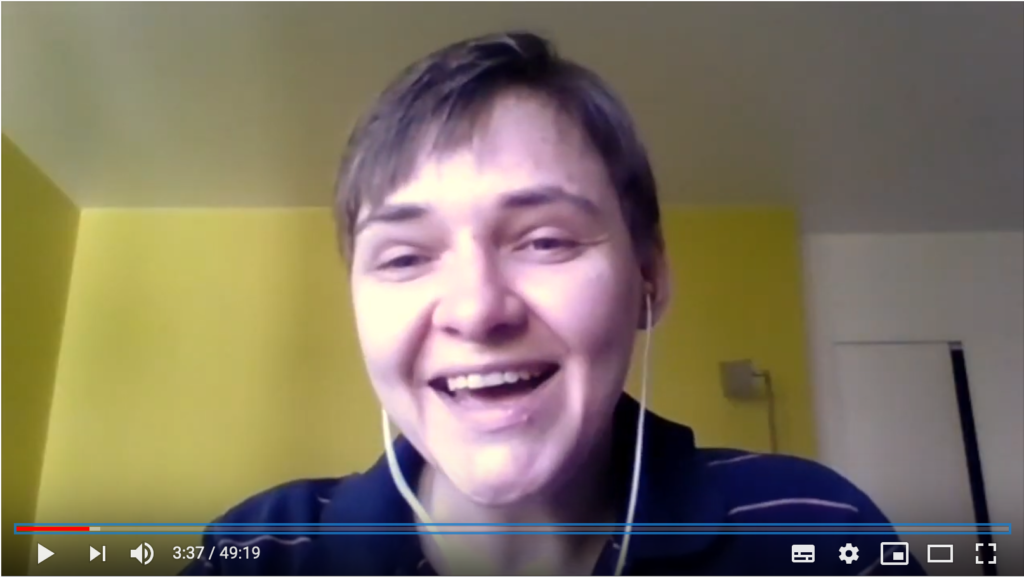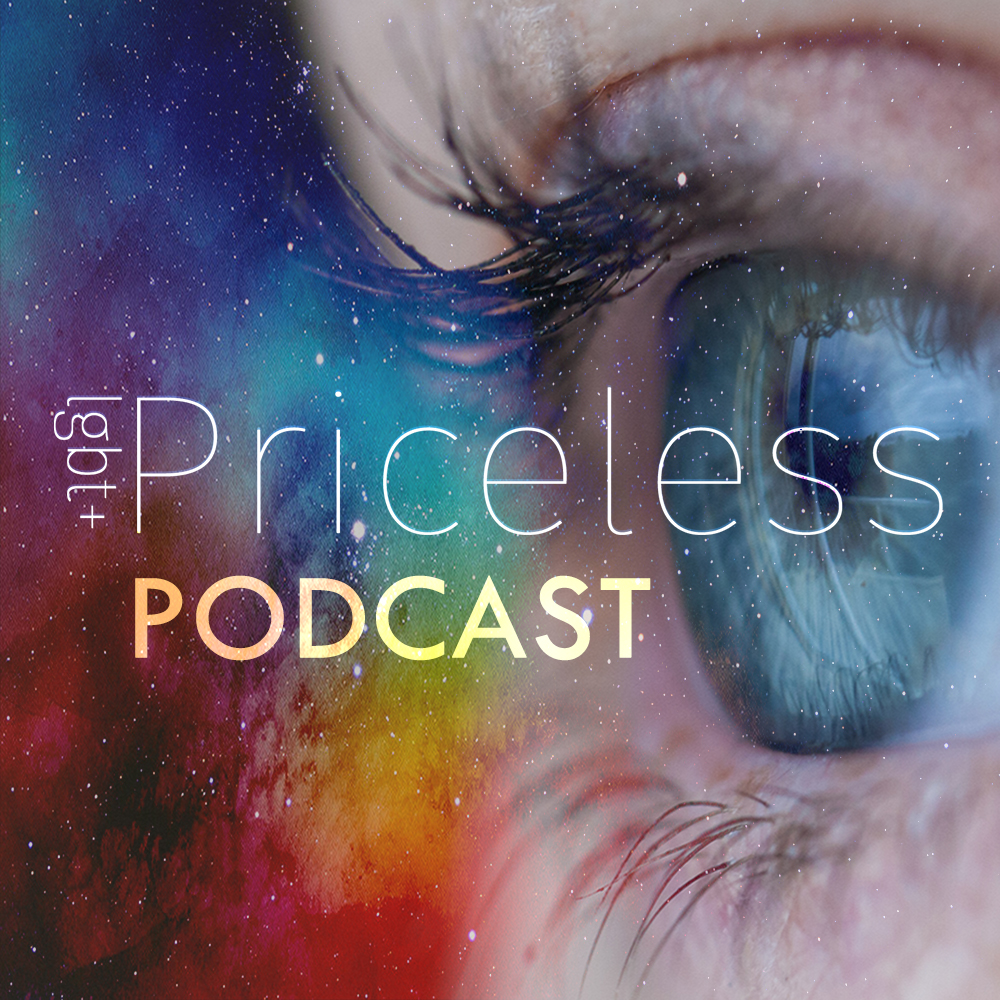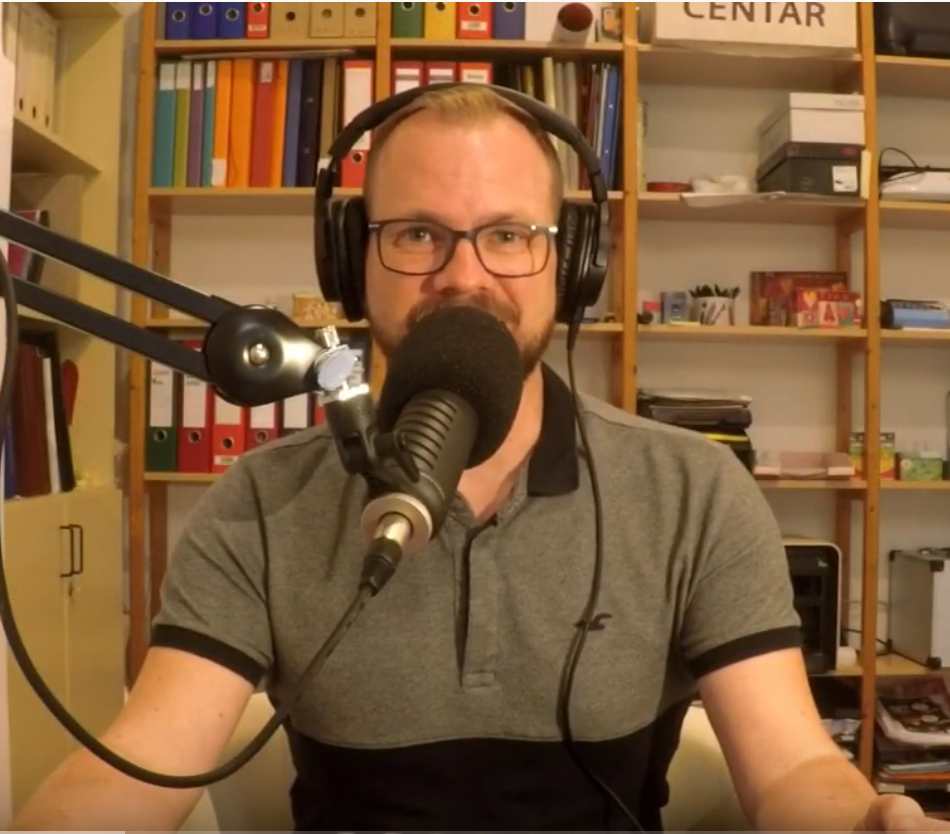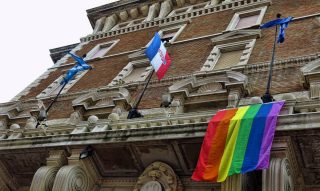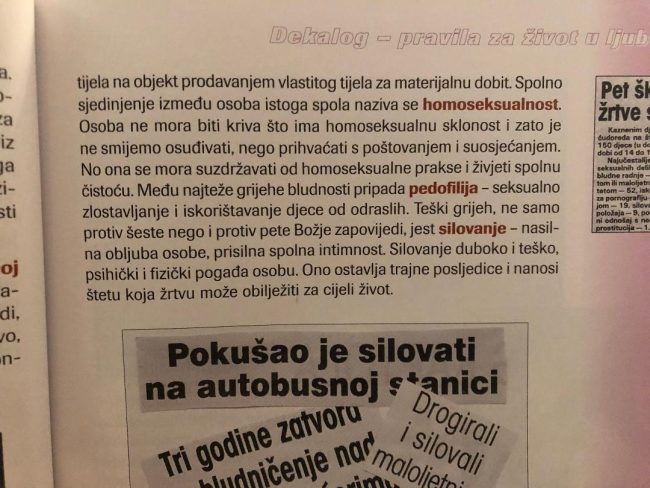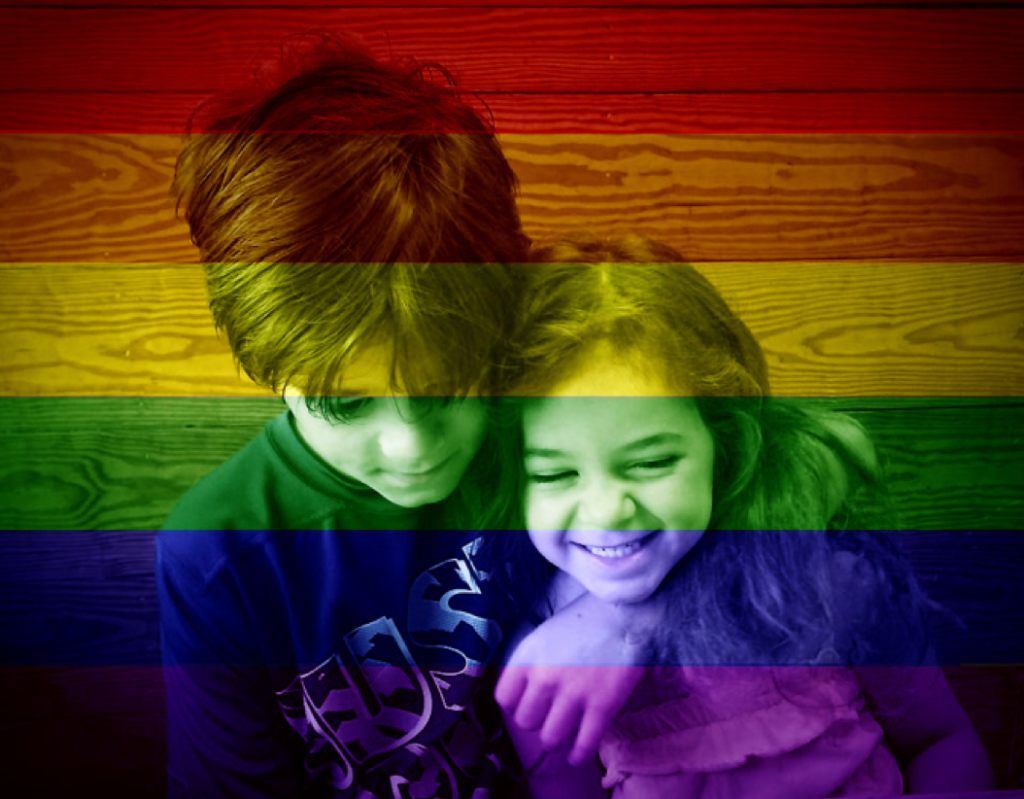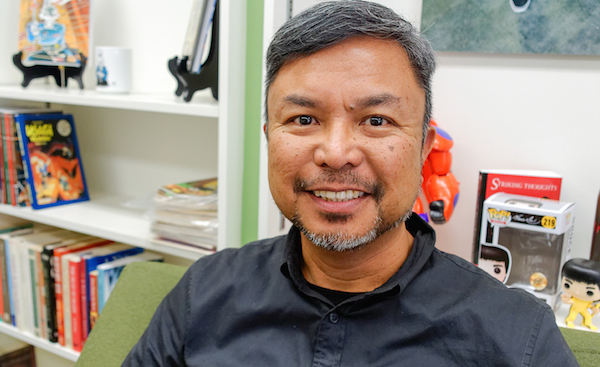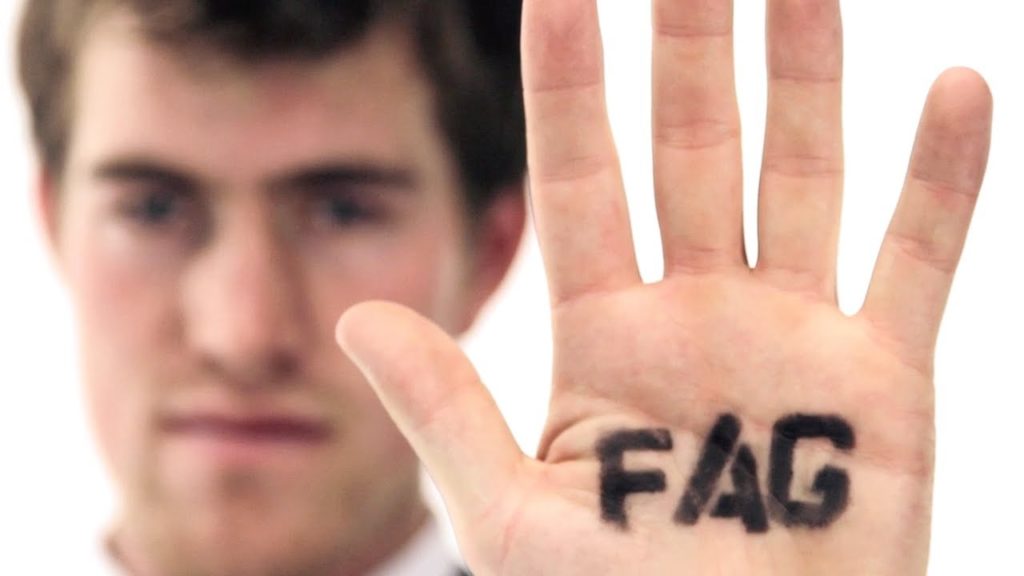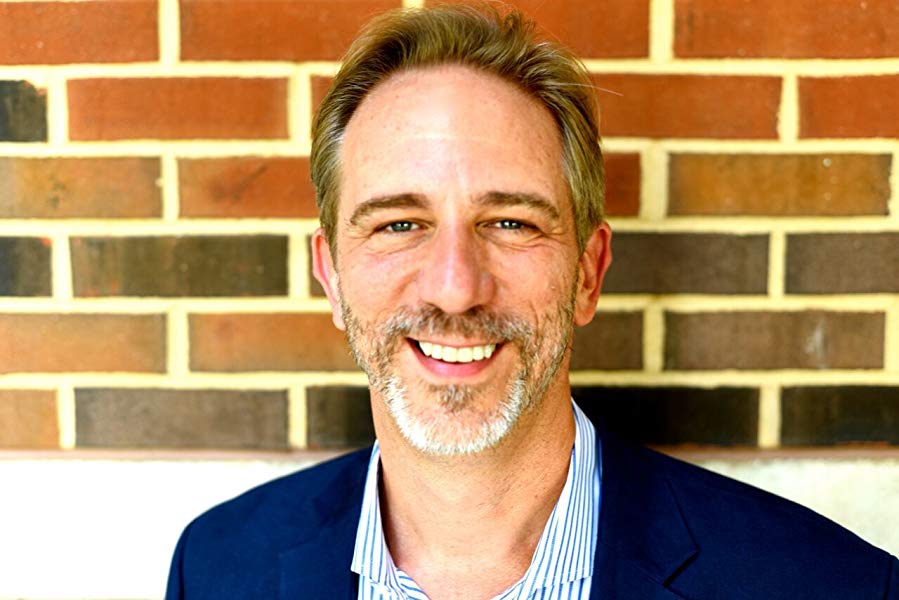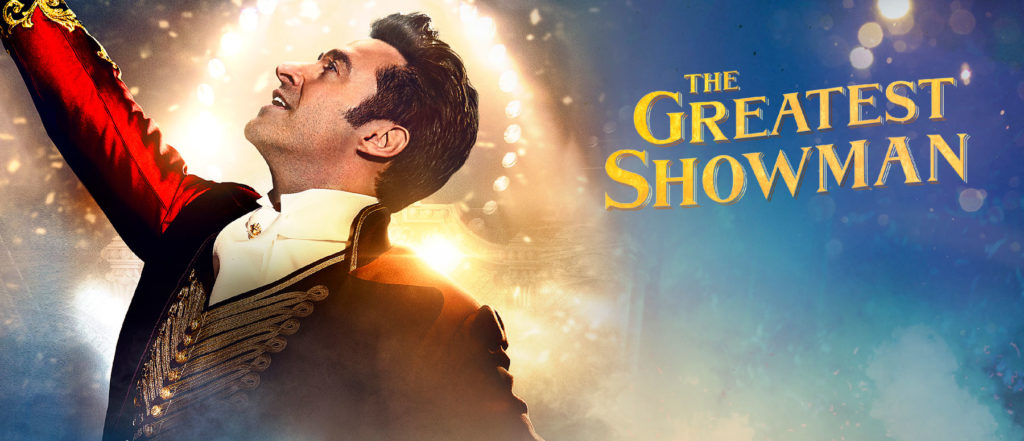If I Have LGBTQ Children (Four Promises From A Christian Pastor and Parent) – John Pavlovitz
Sometimes I wonder if I’ll have LGBTQ children.
I’m not sure if other parents think about this, but I do quite often.
Maybe it’s because I have many gay people in my family and circle of friends. It’s in my genes and in my tribe.
Maybe it’s because as a pastor of students, I’ve seen and heard the horror stories of gay Christian kids, from both inside and outside the closet, trying to be part of the Church.
Maybe it’s because as a Christian, I interact with so many people who find homosexuality to be the most repulsive thing imaginable, and who make that abundantly clear at every conceivable opportunity.
For whatever reason, it’s something that I ponder frequently. As a pastor and a parent, I wanted to make some promises to you, and to my two kids right now…
1) If I have LGBTQ children, you’ll all know it.
My children won’t be our family’s best kept secret unless they choose that.
I won’t talk around them in conversations with others. I won’t speak in code or vague language. I won’t try to pull the wool over anyone’s eyes, and I won’t try to spare the feelings of those who may be older, or easily offended, or uncomfortable. Childhood is difficult enough, and most LGBT kids spend their entire existence being horribly, excruciatingly uncomfortable. I’m not going to put mine through any more unnecessary discomfort, just to make Thanksgiving dinner a little easier for a third cousin with misplaced anger issues.
If my children come out, we’ll be out as a family.
2) If I have LGBTQ children, I’ll pray for them.
I won’t pray for them to be made “normal”. I’ve lived long enough to know that if my children are gay, that is their normal.
I won’t pray that God will heal or change or fix them. I will pray for God to protect them; from the ignorance and hatred and violence that the world will throw at them simply because of who they are. I’ll pray that God shields them from those who will despise them and wish them harm; who will curse them to Hell and put them through Hell, without ever knowing them at all. I’ll pray that they enjoy life; that they laugh and dream and feel and forgive, and that they love God and all people.
Above all, I’ll pray to God that my children won’t allow the unGodly treatment they might receive from some of God’s misguided children, to keep them from pursuing God.
3) If I have LGBTQ children, I’ll love them.
I don’t mean some token, distant, tolerant love that stays at a safe arm’s length. It will be an extravagant, open-hearted, unapologetic, lavish, embarrassing them in the school cafeteria, kissing them in public, kind of love.
I won’t love them despite their sexuality, and I won’t love them because of it. I will love them for the same reasons I already do; simply because they’re sweet and funny and caring and smart and kind and stubborn and flawed and original and beautiful—and mine.
If my kids are gay, they may doubt a million things about themselves and about this world, but they’ll never doubt for a second whether or not their Daddy is over-the-moon crazy about them.
4) If I have LGBTQ children—I have gay children.
If my kids are going to be gay, well they pretty much already are.
God has already created them and wired them, and placed the seed of who they are within them. Psalm 139 says that He, “stitched them together in their mother’s womb”. The incredibly intricate stuff that makes them uniquely them; once-in-History souls, has already been uploaded into their very cells.
Because of that, there isn’t a coming deadline on their sexuality that their mother and I are working feverishly toward. I don’t believe there’s some magical expiration date approaching, by which time she and I need to somehow do or say or pray just the right things to get them to “turn straight”, or forever lose them to the other side.
They are today, simply a younger version of who they will be—and today they’re pretty darn great.
Many of you may be offended by all of this, I fully realize. I know this may be especially true if you are a religious person with a particular theological stance. Perhaps you find the whole topic unsettling.
As you’ve been reading, you may have been rolling your eyes, clicking the roof of your mouth or drafting familiar Scriptures to send to me. You may be praying for me to repent or preparing to Unfriend me or writing me off as a sinful, evil, Hell-bound heretic, but with as much gentleness and understanding as I can muster: I really couldn’t care less.
This isn’t about you. This is a whole lot bigger than you.
You’re not the one I waited on breathlessly for nine months.
You’re not the one I wept with joy for when you were born.
You’re not the one I bathed, and fed, and rocked to sleep through a hundred intimate, midnight snuggle sessions.
You’re not the one I taught to ride a bike, whose scraped knee I kissed, and whose tiny, trembling hand I held, while getting stitches.
You’re not the one whose head I love to smell, and whose face lights-up when I come home at night, and whose laughter is like music to my weary soul.
You’re not the one who gives my days meaning and purpose, and who I adore more than I ever thought I could adore anything.
And you’re not the one who I’ll hopefully be with, when I take my last precious breaths on this planet; gratefully looking back on a lifetime of shared treasures, and resting in the knowledge that I loved you well.
If you’re a parent, I don’t know how you’ll respond if you find out your children are gay, but I pray you consider it.
One day, despite your perceptions of your kids or how you’ve parented, you may need to respond in real-time, to a frightened, frantic, hurting child; one whose sense of peace and identity and acceptance; whose heart and very life, may be placed in your hands in a way you never imagined—and you’ll need to respond.
If that day should ever come for me; if my children should ever come out to me, this is the Dad I hope I’ll be to them.
Why I Changed My Mind on Homosexuality – Pastor Danny Cortez
Danny is a pastor who has gone through a 16-year journey of encountering LGBT people. During this time he has been encouraged and somewhat forced to think about his views, his theology and how they affect LGBT people. We met him personally and we can witness empathy, gentleness, humanity and a sincere desire to connect with all people regardless of worldview or any other identity. We hope you will hear his story of sincere pursuit, faith and love for people.
Define me – Ryan Amador feat. Jo Lampert
In the moments when I was struggling with the difficulties of the labels that the environment imposed on me, this song and video put it into music, words and video. As we were deeply touched by this song, we hope you too will experience the healing power as you watch this. Enjoy!
You are hurting me with your Bible!
A renowned moral theologian, who talks about the problem of inflicting pain on people in the name of the Bible. After a personal encounter with LGBT people and tackling the topic, which the church shows as a moral issue, David Gushee changed the way he thinks and approaches the topic, which he also deals with in his published book: “Changing our Mind”.
This is Me
A song from the film “The Greatest Showman” that many of us can identify with. We hope it will encourage you too.
